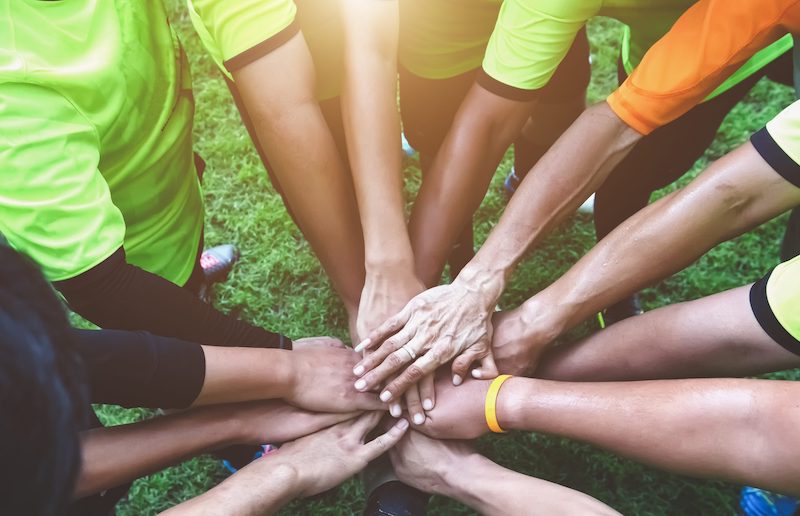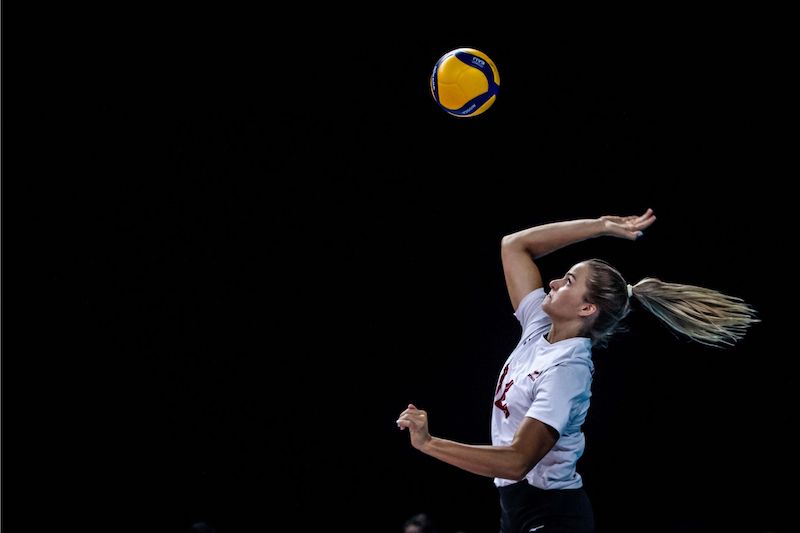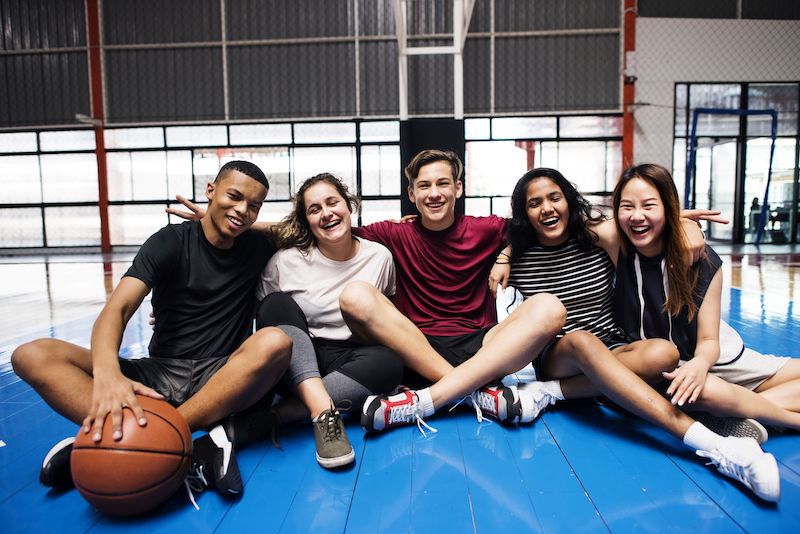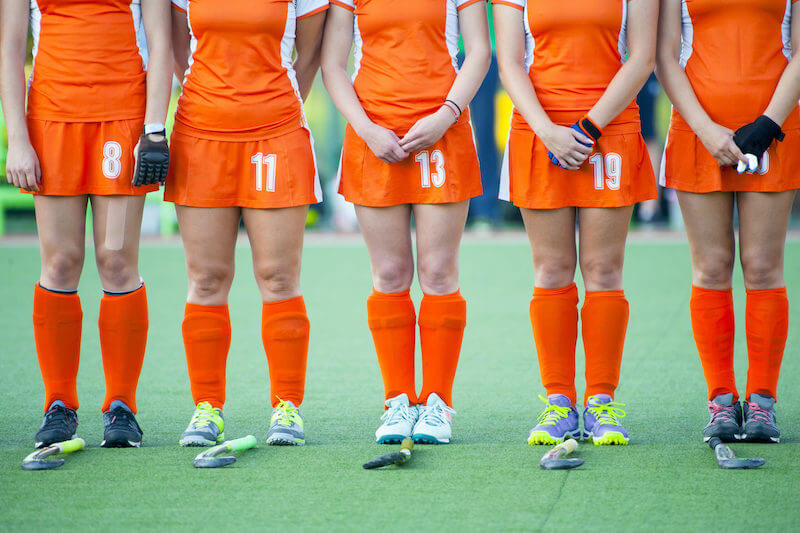Activating Safe Sport communities
Earlier this year, SIRC launched Community Activation Grants to help communities across Canada recover from COVID-19 through Safe Sport opportunities. Discover how sport organizations from coast to coast are using the grants to activate Safe Sport and concussion awareness initiatives in their communities in the SIRCuit.
Advancing Safe Sport
“Often we say, ‘Don’t do this’ or ‘Don’t do that’ but we rarely say, ‘What does that Safe Sport environment look like?’ and ‘How do we make it safe?” says Kristin Noonan, Manager, Coaching and Safe Sport at Softball Canada. Learn more about the creative and engaging strategies that national sport organizations are using to…
Rowan’s Law Day
Today is Rowan’s Law Day! Commemorated annually on the last Wednesday of September, Rowan’s Law Day raises awareness about concussion safety. Take some time to explore and share what your sport is doing to improve concussion safety, for example, through concussion protocols and policies. Remember, everyone contributes to making sport safer!
Concussion recovery
Returning to play too soon following a concussion may increase the athlete’s risk of sustaining another concussion. Use Parachute Canada’s sport-specific return-to-sport strategy adaptation tool to plan activities that will help athletes safely return to play after a concussion.
Activating Safe Sport communities

Highlights In May 2021, the Sport Information Resource Centre (SIRC) announced the launch of its Community Activation Grants. This program supports sport organizations in developing and disseminating concussion and Safe Sport resources in Canadian communities. The launch was set against the backdrop of the Government of Canada’s commitment to reactivate local sport organizations, after the COVID‑19…
How Volleyball Canada is taking an evidence-based approach to concussion prevention

Highlights “You have a concussion.” These are words that no athlete wants to hear. What exactly does it mean? Perhaps a full stop to sport-related activities. Or, no longer being able to practise, train or compete. Maybe uncertainty around recovery times or a return to play, and questions about future risks and implications. In recent…
You-CAN: Peers help youth athletes with concussions through education and social support

Highlights The number of concussions reported among Canadian youth has increased annually by 10.3% between 2004 and 2015. Many concussions go unreported by youth due to their lack of knowledge, thinking it won’t make a difference, believing their friends will treat them differently and a lack of self-efficacy. Improved concussion reporting and health outcomes may happen by understanding that social networks strongly influenced youth, exploring new ways of enabling youth to help each other learn about concussion and supporting recovery after…
How biological sex and gender affect concussion risk and management

Highlights Concussion recovery depends on many factors, including biological factors (for example, anatomy) and gender-based factors (for example, societal norms in sport). Research shows that female athletes have a higher risk of concussion than male athletes, male and female athletes experience concussions in different ways, and female athletes may take longer than male athletes to…
Safe Sport strategies
Over the past few years, national sport organizations have implemented several strategies to advance Safe Sport and optimize the sport experience for all. To create safe, welcoming and inclusive sport environments, top strategies include building and strengthening policy to align with documents such as the Universal Code of Conduct to Prevent and Address Maltreatment in…
Referees’ mental health
Referees and sports officials, in both professional and amateur sports, experience high levels of abuse. Researchers in Europe have found that a culture of abuse towards referees is a principal reason for referee discontinuation and that this harms all levels of sport, highlighting the importance of mental health support for officials.